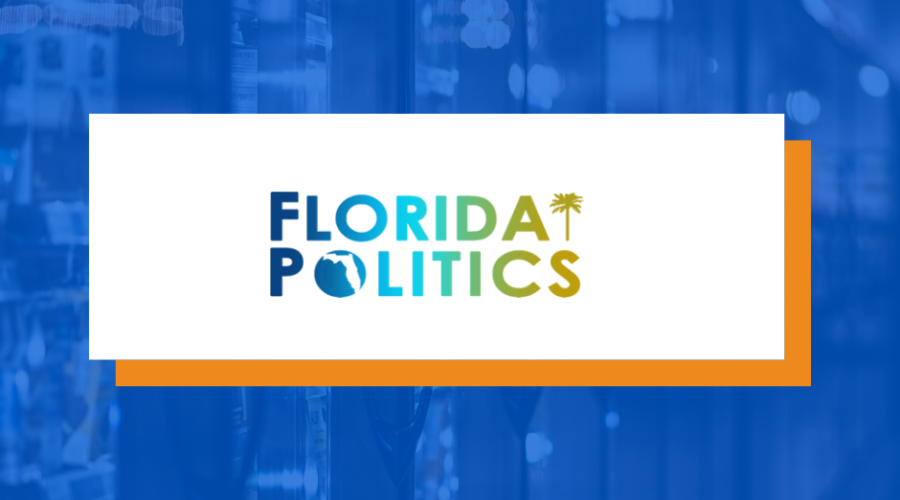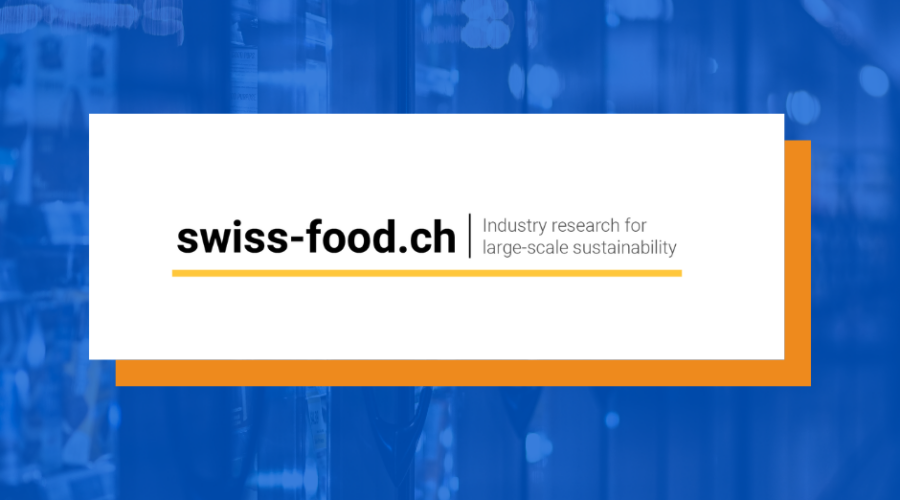Buy Malaysian: Lock-in local
“WHY shouldn’t I? It’s flavourful, suited for local taste buds and relatively cheaper,” says 28-year-old Noraina Salam, an engineer from Shah Alam, when asked if she prefers local coffee over an imported brand.
“While I will go for anything good, there are just some local brands I prioritise for things such as food, clothing and appliances. You know that chocolate wafer with the red wrapping? I like that one.
“If imported goods are getting expensive, then buy local,” says Noraina, who is among a growing number of Malaysian consumers appreciating local goods.
For consumers like Noraina, buying local is more than just a preference; it’s becoming a practical response to rising import costs and global economic uncertainty.
With the increasing likelihood of a global trade war driving up the cost of imported goods further – especially with US President Donald Trump’s “reciprocal tariff on every nation of the world” expected to be imposed on April 2 – many Malaysians, like Noraina, are re-evaluating their purchasing decisions. While Malaysia may not face direct tariffs, prices will be affected, and consumer groups are highlighting the opportunity for local industries to step up and meet demand.
Several consumer associations note that Malaysia already has competitive sectors, including food and electronics, both in price and quality.
“But buying Malaysian-made goods can strengthen local industries, create jobs, and cut reliance on imports, especially during global trade uncertainty,” says Tarmizi Anuwar, country associate for Malaysia at the Consumer Choice Centre.
Leggi il testo completo qui










